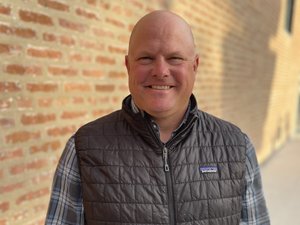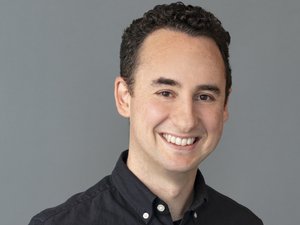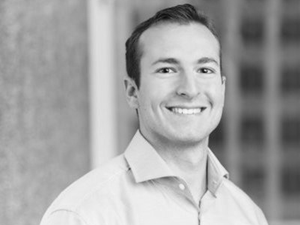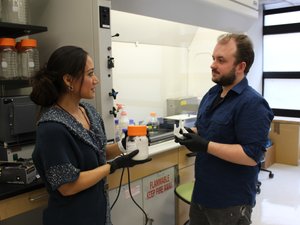Techstars Chicago is one of the most prestigious accelerator programs in the Midwest. Last year, 700 startups applied and 10 were accepted. Well, 11 were accepted, but one turned them down.
Talkroute, the Tinley Park-based startup that serves as a virtual phone system for small businesses, recently published a candid post to its blog about getting into Techstars and why they turned them down.
According to Paul Howey, Talkroute's CEO & Co-Founder, the decision was made for several reasons, including concerns over equity, how Techstars defines success, and what Talkroute would be getting in return.
The section on equity makes it clear that the numbers they were offered were unique to their agreement. But in Howey's breakdown, he concluded that "by the end of the program and your first round of funding, you will be lucky to still own 51% of your company." In other words, "I understand that it is better to own a piece of a watermelon than a whole grape, but come on…"
Howey also questions Techstars' metric for success, stating that the accelerator touts fundraising as its key measurement, but wonders whether this achievment equates to actual success. Howey's quick to point out that, for a 8 year program, Techstars "doesn't have any large exits (100m+)." At the time, Talkroute was more focused on growing its business and not necessarily interested in a raising a big round.
Finally, Howey didn't buy into Techstars' perceived value. The Talkroute team was looking for mentorship and they didn't feel like that was Techstars' primary goal; "their focus on raising capital is just too strong." Obviously, Howey and his co-founders were impressed with the program's talent - including Match CEO Sam Yagan - they just didn't think they'd be getting that much of their time.
So, in the end, Talkroute passed, prompting Yagan to tell Howey that "that no other applicant, in the history of Techstars Chicago, had cared to raise any of these concerns."
The whole post is a very interesting read and Howey makes it clear that every startup's journey is different and that he's not suggesting that startups stop applying all together. (However, he does drop a bomb at the end, presupposing "that more companies failed as a result of the program then if they were left to grow organically").
Regardless, Chicago Inno was extremely impressed with the companies that presented at this year's Demo Days and we look forward to covering that startups that both accept and decline the program's offer.








